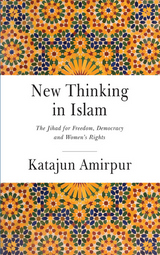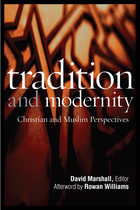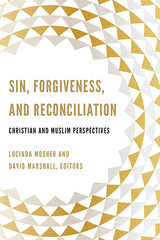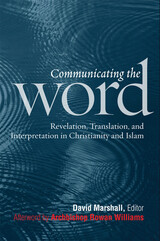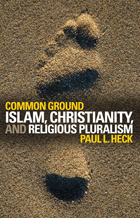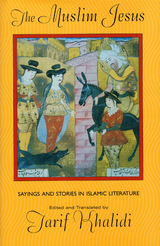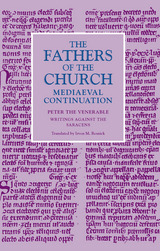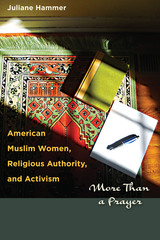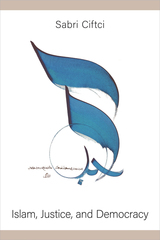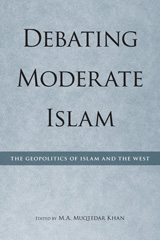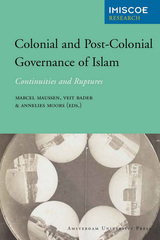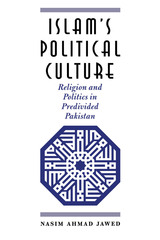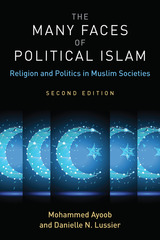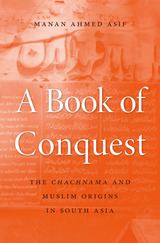Contents
Foreword by Seyyed Hossein Nasr v
Abbreviations xvii
A Note on Transliteration xix
Preface xxi
Introduction
1 Liu Zhi and the Han Kitab 3
Liu Zhi 4
The Persian and Arabic Sources 10
The Arabic Translation of the Root
Classic 15
2 The Islamic Background 20
The Quest for Realization 21
Fields of Understanding 25
Wisdom 26
The Real 29
The World Map 31
Sovereignty and Kingdom 32
Origin and Return 34
Microcosm and Macrocosm 38
Names and Attributes 39
Spiritual Anthropology 41
Actualization of the Divine Form 43
The Divine Presences 45
3 Liu Zhi's Adapttions of Islamic Thought
49
Nature and Principle 51
Spirit 54
Xing, Li, and R¿? 58
Xing and ?ab¿'a 59
Mandate 61
Former Heaven and Latter Heaven 64
Complete Substance and Great Function 69
Prophethood and Sagehood 72
One Body with Heaven and Earth 76
4 The Structure and Argument of Tianfang
Xingli 81
Chapter 1 82
Chapter 2 84
Chapter 3 85
Chapter 4 86
Chapter 5 87
5 The Translation 88
Nature and Principle in Islam
Personal Narrative 93
The Plan of the Book 96
The Compiled Interpretation of Nature and
Principle in Islam
Head Volume: The Root Classic/The
Subtleties 101
Chapter 1 102
Chapter 2 110
Chapter 3 122
Chapter 4 132
Chapter 5 144
0.1Diagram of the Nondesignation of t
he Earliest Beginning 158
0.2Diagram of the Sequence of the Tra
nsformation of
Principles in the Former Heaven 160
0.3Diagram of the Sequence of the Tra
nsformation of Forms
in the Latter Heaven 162
0.4Diagram of the Sequence of the Alt
eration and
Transformation of Forms in the Womb16
4
0.5Diagram of the Sequence of the Man
ifestation and
Display of the Nature of the
Spiritual 166
0.6Diagram of the Macrocosm's Followi
ng in the Circle
of Creation and Transformation 168
0.7Diagram of the Microcosm's Origina
l Beginning and
Final Return 170
0.8Diagram of the Differentiated Leve
ls of Heaven and Humans 172
0.9Diagram of Heaven and Humans Unite
d as One 174
0.10Diagram of the Undifferentiated T
ransformation of Heaven
and Humans 176
Volume 1
Summary
179
1.1Diagram of the Nondesignation of the
Earliest Beginning 180
1.2Diagram of the Nonattachment of the
Real Substance 190
1.3Diagram of the Undivided Suchness of
the Great Function 196
1.4Diagram of the Beginning of the Diff
erentiation of
Substance and Function 204
1.5Diagram of the Ongoing Flow of the
Real Principle 212
1.6Diagram of the Beginning of the Di
fferentiation of the
Natures and Principles 220
1.7Diagram of the Display of Vital-En
ergy and the Hiddenness
of Principle 228
1.8Diagrams of the Beginning and End
of the Differentiation,
and of the Alteration and
Transformation, of Yin and Yang 234
1.9Diagrams of the Forms and Operatio
ns of the Four Images 240
1.10Diagram of the Firm Position of H
eaven and Earth 246
1.11Diagram of the Beginning of the B
egetting of the Ten
Thousand Things 250
1.12Diagram of the Level of the Compl
eteness of the
Great Perfection 256
Volume 2
Summary
265
2.1Diagram of the Levels of the Natur
es of the Former Heaven 268
2.2Diagram of the Knowledge and Power
of the Levels of
the Natures 274
2.3Diagram of the Forms and Vessels o
f the Latter Heaven 280
2.4Diagram of the Endeavors and Funct
ions of the Forms
and Vessels 286
2.5Diagram of the Belonging Together
of Principles
and Images 296
2.6Diagram of the Distance of the Nin
e Heavens 302
2.7Diagram of the Rotation and Revolu
tion of the
Nine Heavens 306
2.8Diagram of the True Position of th
e Four Agents 310
2.9Diagram of the Going and Coming Ba
ck of the
Four Seasons 316
2.10Diagram of the Differentiated Ear
th of the Seven Climes 322
2.11Diagram of the Differentiated Emp
tiness of the
Four Boundaries 328
2.12Diagram of the Overspreading of t
he One Thread 334
Volume 3
Summary
339
3.1Diagram of the Original Beginning
of the Begetting of
the Human 342
3.2Diagram of the First Transformatio
n of the Embryo 350
3.3Diagram of the Differentiation and
Display of the
Four Roots 356
3.4Diagram of the Differentiated Form
s of Outward
and Inward 360
3.5Diagram of the Bodily Apertures of
Inside and Outside 364
3.6Diagram of the Manifestation of th
e Function of the
Spiritually Living 370
3.7Diagram of the Manifestation and D
isplay of Hardness
and Firmness 376
3.8Diagram of the Manifestation and D
isplay of Issuing Forth
and Nurturing 380
3.9Diagram of the Manifestation and D
isplay of Knowledge
and Awareness 386
3.10Diagram of the Manifestation and
Display of the Nature
of Vital-Energy 392
3.11Diagram of the Manifestation and
Display of the
Root Nature 400
3.12Diagram of the Manifestation and
Display of the Nature
of Continuity 406
Volume 4
Summary
411
4.1Diagram of the Meeting and Uniting
of Heart and Nature 414
4.2Diagram of the Virtues Stored in t
he Levels of the Heart 422
4.3Diagram of the Ascent and the Desc
ent, the Coming and
the Going Back 428
4.4 Diagram of the Great Completion o
f the Human Ultimate 434
4.5Diagram of the Ongoing Flow of the
Root Suchness 440
4.6Diagram of the True Practice of Sa
ge Endeavor 448
4.7Diagram of Sage, Worthy, Wise, and
Ignorant 454
4.8Diagram of the Order of the Layers
of Veils and Obstacles 462
4.9Diagram of the Burdens of Virtue i
n Doubt
and Faithfulness 470
4.10Diagram of the Differentiated Bra
nches of Obedience
and Rebellion 476
4.11Diagram of the Procedure and Ende
avor of Cultivation
and Progress 482
4.12Diagram of the Coming Home to the
Real of the
Complete Substance 490
Volume 5
Summary 497
5.1Diagram of the Three Levels of the
Real One 500
5.2Diagram of the Three Levels of the
Numerical One 508
5.3Diagram of the Three Levels of the
Embodied One 516
5.4Diagram of the Meaning of the Perv
ading of the
Three Ones 522
5.5Diagram of Begetting and Transform
ing by the Self-so 528
5.6Diagram of the Mutual Dependence o
f Names
and Guises 534
5.7Diagram of the Complete Beauty of
the Ten
Thousand Things 540
5.8Diagram of Seeing the Great in the
Midst of the Small 546
5.9Diagram of Seeing the Small in the
Midst of the Great 552
5.10Diagram of the One Breath as the
Final Antiquity 558
5.11Diagram of the Final Antiquity as
the One Breath 566
5.12Diagram of the Real One Circling
Back to the Real 574
Epilogue by Tu Weiming 581
Reference Matter
Chronology 621
Notes 627
Bibliography 637
Index
645

